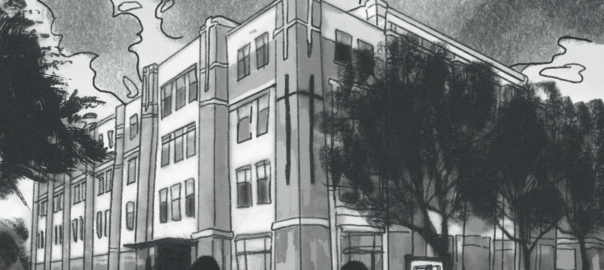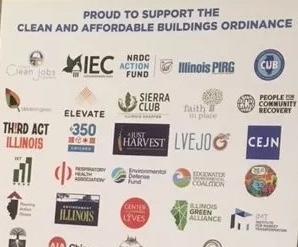This week, the Illinois Clean Jobs Coalition announced a comprehensive legislative platform to boldly and rapidly accelerate the state’s climate, equity, and clean energy goals.
The platform is a set of bills (the Clean and Reliable Grid Act, the Clean and Equitable Transportation Act, and the Clean and Healthy Buildings Act) that will lower greenhouse gas emissions, create green jobs, and improve health and safety in our communities. Together, these bills would be transformative in helping us work toward climate stability, financial security, fairness across communities, and health statewide.
If you live in Illinois, I invite you to join me in supporting the ICJC platform.
Ror folks who don’t live here, with your help, the ICJC’s work can serve as a model for related efforts elsewhere!





